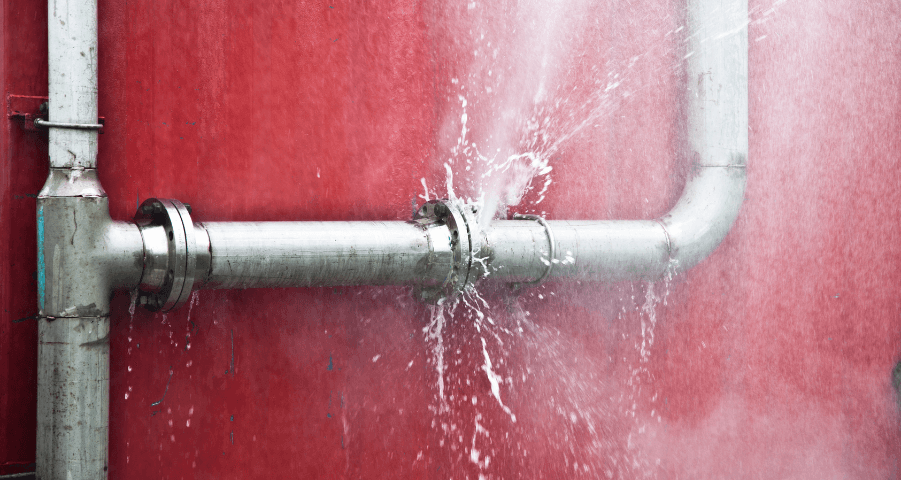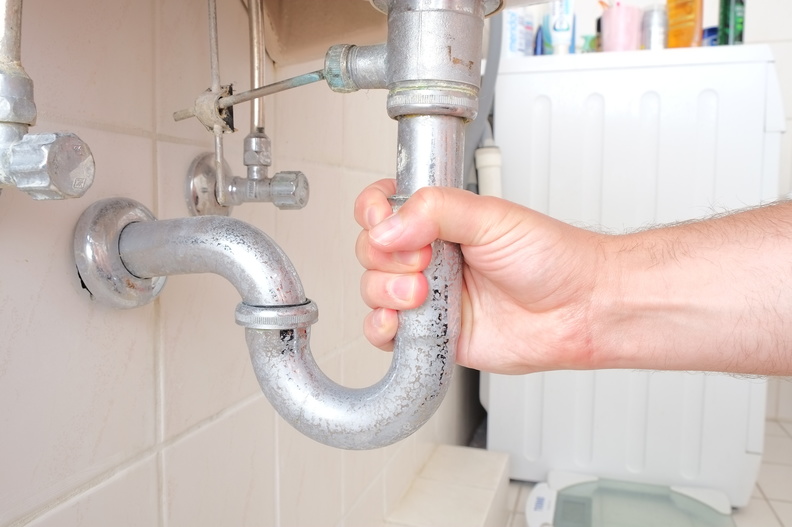How do you feel when it comes to Expert Tips for Emergency Plumbing Repairs?

Pipes emergency situations can strike at any moment, triggering tension and potential damage to your home. Whether it's a ruptured pipeline, a clogged up drainpipe, or a leaking faucet, understanding just how to take care of the scenario till a specialist plumber arrives can save you from further complications. This article provides important emergency plumbing tips to help you mitigate damages and reclaim control throughout a pipes situation.
Shut off the Water System
The primary step in any type of plumbing emergency is to shut off the water supply. For local concerns, such as a dripping tap or bathroom, turn off the valve near the component. When it comes to a significant leakage or burst pipe, situate your home's major water shut-off shutoff and turn it off instantly. Knowing the location of these shutoffs ahead of time can save important time during an emergency situation.
Shut down Your Water Heater
In certain emergencies, such as a ruptured pipe, it's a good idea to shut off your hot water heater. This stops getting too hot or damages to the system when water stops moving. Shut off the power supply to the water heater (electrical or gas) and allow it cool down to stay clear of prospective risks.
Temporarily Quit a Burst Pipe
A ruptured pipe can bring about considerable water damages in minutes. To mitigate the concern:
Call an expert plumbing technician right away to resolve the issue permanently.
Have an Emergency Situation Plumbing Set
Prepare a basic plumbing emergency situation kit to take care of minor concerns efficiently. Your package ought to consist of:
Having these devices available can make a substantial difference in your capacity to manage emergency situations.
Unclog Drains Pipes Safely.
A stopped up drain can be a discouraging and unpleasant problem. Below's exactly how to tackle it:.
If these techniques do not work, avoid utilizing too much pressure, as it may intensify the obstruction.
Take Care Of Overflowing Toilets.
An overruning toilet can cause instant mayhem. Right here's what you must do:.
Address Small Leaks with Temporary Fixes.
Small leaks can rapidly become significant problems if left uncontrolled. Make use of these short-lived solutions till specialist assistance shows up:.
While these repairs aren't long-term, they can help minimize water loss and damage.
Take Care Of Frozen Water Lines Very Carefully.
In chillier climates, frozen pipelines are a typical emergency. If you suspect an icy pipeline:.
Know When to Call a Specialist.
While quick fixes can assist briefly, certain pipes concerns need instant professional attention. Call a plumber if:.
Promptly speaking to an expert makes certain the problem is dealt with appropriately and stops further difficulties.
Stop Further Damages.
Taking quick action to lessen damage can conserve you time and money in the future. Here's exactly how:.
Final thought.
Pipes emergencies can be frustrating, yet with the best expertise and tools, you can manage the circumstance effectively up until assistance gets here. By turning off the water supply, attending to small leaks, and making use of temporary fixes, you can lessen damages and keep your home safe. Keep in mind, these ideas are short-lived solutions; always seek advice from a qualified plumbing to handle the source of the trouble. Preparation and quick reasoning are your ideal allies in any plumbing emergency situation.
8 Helpful Tips for Managing Plumbing Emergencies at Home
If your plumbing system hasn’t failed once, wait for it because almost everyone has a story to tell. Sometimes, it could be simple emergencies such as a leaking pipe, a blocked cistern, or even a big burst pipe. In situations like this, you need to have some handy tips to save you some money and from possible damages.
Take care of minor issues early.
Sometimes, you could have avoided an emergency by taking proactive measures while it was still early. Some major plumbing emergencies can be a result of an ignored minor issue. We recommend that you have items like plumbing tapes and other related items. A plumbing tape can allow you to manage minor leaks before the plumber arrives.
Cut off the water supply.
This tip is essential in almost any type of leakage problem. For problems like minor leakages in the toilet or kitchen, turn off the supply that takes water to the affected pipes. If the leakage is a major pipe, you must shut off the supply valve to the entire building. This will help you avoid flooding your home and neighbors if you share a flat.
Know your plumbing system
Folks typically move into a new apartment without understanding the water supply around the building. This can prove disastrous if a water emergency arises and the plumber is far away. The previous tip will prove useless if you don’t practice this one. More importantly, know where your water shut-off valve is located – you’ll need that knowledge to prevent potential home floods.
Have some common handy tools
There are lots of plumbing emergencies that you can handle without hiring a plumber. That’s why you must keep some tools available always. Some tools that you can use to fix simple plumbing emergencies easily include plumbing tapes, screwdrivers, thread seal tapes, plungers, pliers, tape measures, and rubber gloves.
Insulate your pipes from cold
You’ll save yourself from many plumbing expenses if you protect your water pipes from the cold. This is because of the harmful effects that cold weather can have on your pipes. During winter, your pipes can burst from being overly expected to freezing temperatures. So, make sure insulators are there to keep the pipes working correctly.
Avoid practices that will clog your toilet.
Many people indulge in practices that can damage the plumbing system of the entire building. One of these is when they use their toilet to dispose-off garbage. They flush all kinds of things, such as paper towels, bandages, hairs, female sanitary products, etc., down the toilet. This will block your toilet in the long run, incurring unnecessary expenditures. Dump such waste in the trash instead.
Check your dials regularly.
Sometimes, there could be leakages in your home without noticing them in time. So, constantly monitor your water meter dial. If the dial is reading when there is nobody using water, this is an indicator that there is leaking. Check for leaks immediately. Call a plumber as soon as possible if you can’t find any.
https://www.constructionplacements.com/8-helpful-tips-for-managing-plumbing-emergencies-at-home/

We were introduced to that article about through an associate on a different web address. If you please take a moment to share this entry if you appreciated it. I take joy in your readership.
Customer Reviews